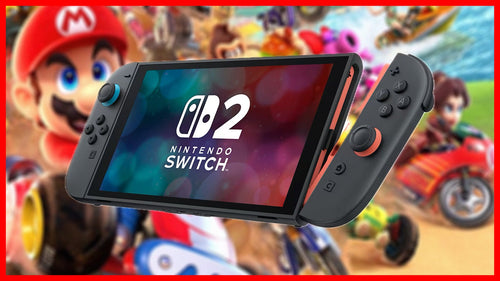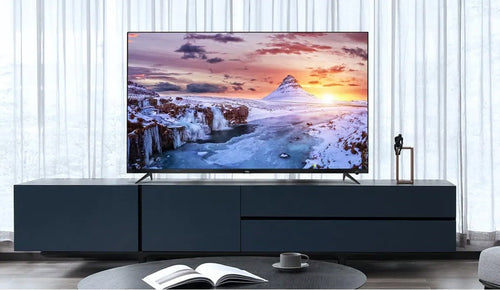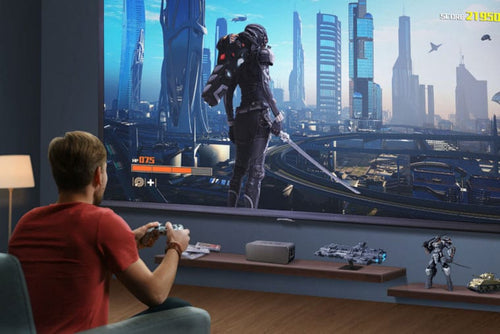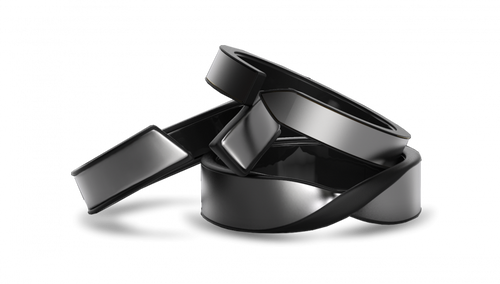Samsung Introduced Two New Camera Sensors For AR/VR Glasses

Samsung recently launched two new sensors, ISOCELL Vizion 63D and ISOCELL Vizion 931, promising to enhance AR (augmented reality), VR (virtual reality) and even smartphone experiences. Each sensor provides unique capabilities to enhance virtual and augmented reality experiences, while addressing different challenges in capturing images and bathymetric data.
In detail, the ISOCELL Vizion 63D is a 3D ToF (Time-of-Flight) sensor with a size of 1/6.4 inch and 3.5µm pixels that measures depth and distance with high accuracy. It can capture QVGA photos (320 x 240 pixels) at 30 frames per second and VGA videos (640 x 480 pixels).

It is also the industry's first sensor with an integrated depth sensing ISP, eliminating the need for a separate chip and reducing power consumption by 40% compared to previous versions. ISOCELL Vizion 63D has high light absorption and low noise thanks to back scattering technology.
Samsung's new sensor also has two modes – Flood and Spot – allowing resolution and range to be optimized depending on the situation. Flood mode prioritizes resolution at shorter distances, while Spot mode increases range but reduces resolution.

On the other hand, the ISOCELL Vizion 931 is a sensor that captures the entire scene at once, unlike rolling sensors that scan line by line and can create motion blur. This sensor offers a resolution of 640 x 640 pixels and is ideal for applications such as iris recognition, eye tracking, and face/gesture detection in XR headsets .
It also boasts the industry's highest quantum efficiency for infrared light wavelengths, delivering sharper images. This sensor can connect four cameras with a single wire, simplifying circuit design and saving space. Both sensors are currently being tested by device manufacturers and are expected to be used in Samsung's upcoming mixed reality headset as well as other AR/VR devices.
Are you excited about the release of these two new camera sensors for AR/VR glasses. What are you most looking forward to? We'd love to get your input on our Heyup Community.




